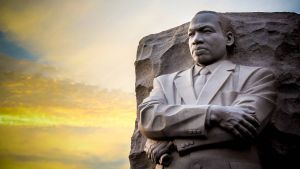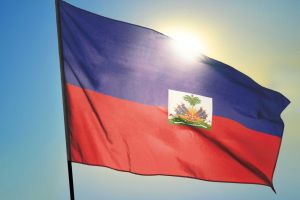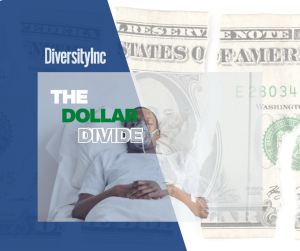Haitian Heritage Month is a nationally recognized month celebrated in May every year.
“As a Haitian American, celebrating Haitian Heritage Month is significant because it allows us to recognize and honor Haitian Americans’ contributions to the fabric of American society,” says Hans Patrick Domercant, President of the Haitian Chamber of Commerce. “Haitian Americans have significantly contributed to medicine, business, education, politics and culture. Celebrating these accomplishments helps to highlight our rich history, cultural heritage and the ongoing impact that we have on American society.”
The first Haitian Heritage Month was celebrated in May 1998 in the United States. The Haitian diaspora celebrates the observance worldwide. It coincides with Haitian Flag Day, the month Haiti gained independence from France in 1804.


















